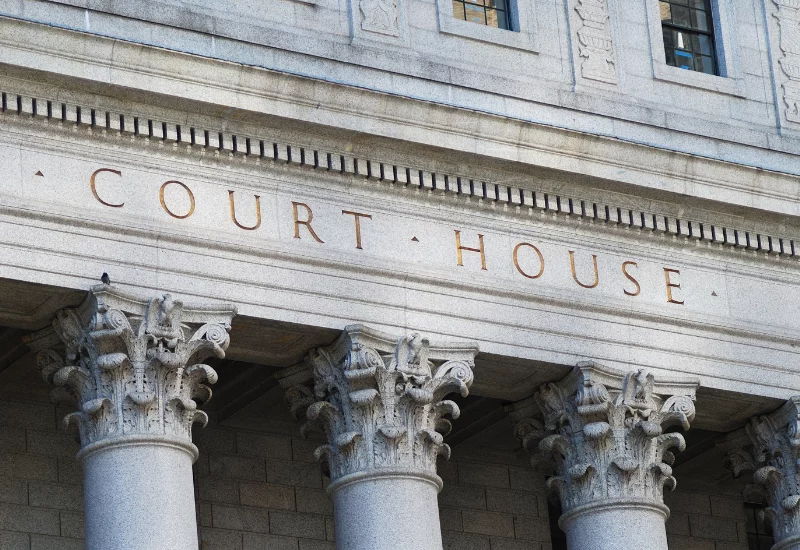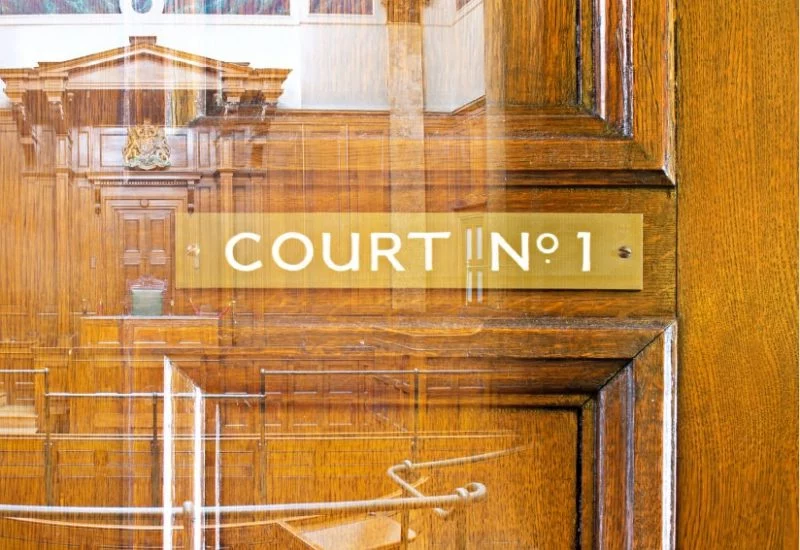- 02 Apr 2020
- •
- 2 min read
New Statement of Truth underlines commitment to tackle fraud

There have been a lot of developments in case law surrounding fundamental dishonesty since the case of Fairclough Homes Limited (Appellant) v Summers (Respondent) [2012] UKSC 26 when the Court held that it does have the power under Court rules to strike out a Claimant’s case in its entirety.
Even when it has been established that part of the Claimant’s case is genuine and they would be entitled in principle to damages (see my article “Courts show zero tolerance in fraud cases” from October 2012).
Since then, there have been some high profile cases where fundamental dishonesty has been established and contempt proceedings have followed. Notably, a dishonest claim presented by semi-professional footballer, Gary Burnett, which resulted in the first ever prosecution by the Attorney General in a case involving insurance fraud. The ruling resulted in a custodial sentence for Burnett and a criminal record.
From 6 April 2020 the position will be strengthened by changes to the Civil Procedure Rules in relation to Statements of Truth (PD 22). From this date a party signing a statement of truth verifying a statement of case or witness statement will now have to include a statement confirming that they “understand that proceedings for contempt of court may be brought against anyone who makes, or causes to be made, a false statement in a document verified by a statement of truth without an honest belief in its truth”.
This amendment doesn’t actually alter the position regarding contempt, however the consequences are made very plain should anyone deign to sign without fully believing the content to be honest.
Anyone found guilty of contempt can be punished by a fine and imprisonment for up to two years – hopefully sufficient deterrent to cause parties to think twice before putting pen to paper.
For further information please call us on 0800 2800 421 or contact us here.





